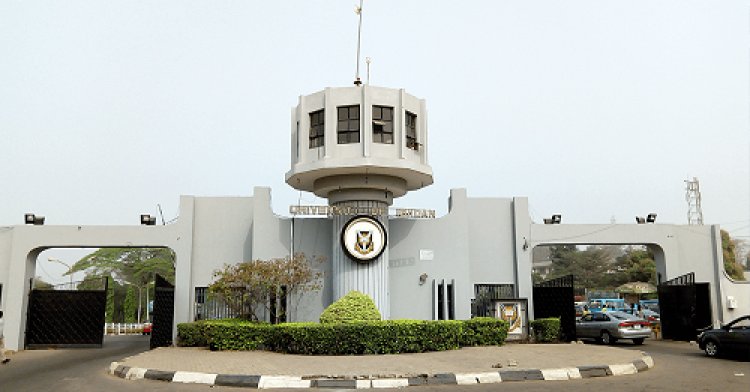High Unemployment Rates Fuel Worker Exploitation in Nigeria, Says UI Don
Professor Emeka Okafor, an Industrial Sociology expert from the University of Ibadan, highlighted that Nigeria's high unemployment rates have led to the exploitation of non-standard workers, such as casual employees, due to their precarious job status.

Nigeria's rising unemployment rates have intensified worker exploitation across various sectors, according to Professor Emeka Okafor, a scholar of Industrial Sociology from the University of Ibadan. Speaking at the 562nd inaugural lecture of the University of Ibadan, titled "The Periphery of the Periphery: Exploring the Experiences of Non-Standard Workers," Okafor highlighted how surplus labor from high unemployment rates leads to the exploitation of casual and non-standard workers.
Okafor noted that non-standard workers, including casual employees, face heightened vulnerability due to precarious job conditions. He stated, “These workers find themselves marginalized and exploited by employers, supervisors, and even regular employees within the organisational framework, especially when we view work organizations as systems with multiple actors.”
The professor pointed out that the inability of casual workers to unionize leaves them unable to negotiate for fair pay and better working conditions. He emphasized that this lack of representation hampers their access to essential rights, making decent work, as defined by the International Labour Organisation (ILO), largely unattainable for most non-standard workers in Nigeria.
Okafor urged the Nigerian government to enforce existing labor laws to protect vulnerable workers from exploitation. He called on both federal and state governments to ensure that labor standards are rigorously upheld, particularly in ministries, departments, agencies, and parastatals where non-standard workers are prevalent.
He recommended that the government regularize the employment status of non-standard workers to provide them with stable jobs and career progression opportunities, setting a precedent for other sectors. Additionally, Okafor stressed the need for economic reforms to create job opportunities, attract investments, and revitalize the economy.
To combat the exploitation of workers, Okafor proposed strengthening labor inspection mechanisms to ensure compliance with safety standards and provide timely compensation for workplace injuries. He also called on the Ministry of Labour and Employment to enforce existing labor laws through regular inspections and to combat corruption within the Inspectorate Department.
Okafor concluded by emphasizing the crucial role of labor unions in advocating for the regularization of non-standard workers and improving their working conditions through collective bargaining agreements. He urged unions to exert pressure on employers to uphold workers' rights, aiming for a more equitable and fair labor market in Nigeria.

 Chris Oyeoku Okafor
Chris Oyeoku Okafor 



